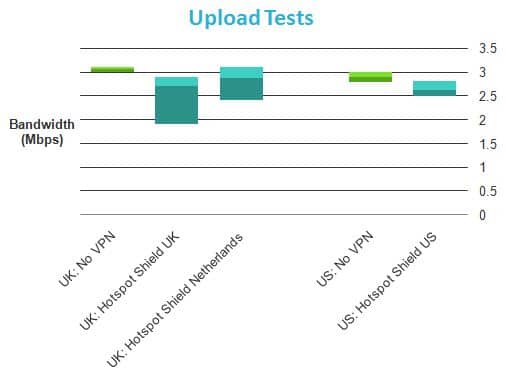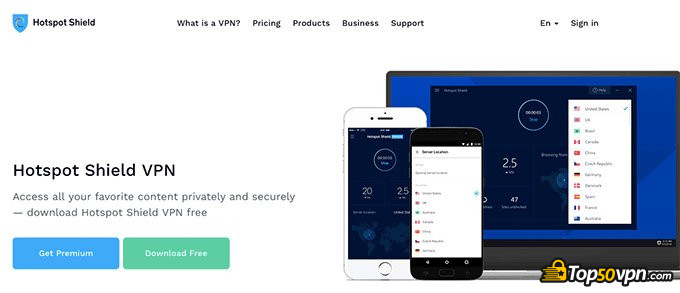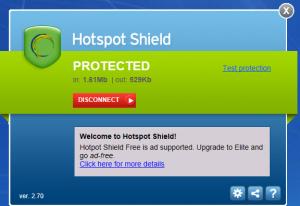


There is no need whatsoever for a VPN to spy on your online activity, though. While this isn’t that big a deal from their perspective, it could represent a deal-breaker to users looking for a secure and 100% anonymous browsing experience. The only reason why a VPN provider would need your actual IP address is to find out where their service is being used. As explained, this data is collected anonymously and is typically bundled with similar data collected from other users in order to derive usage and performance statistics. There is usually no need to worry about the first two categories of information – service-specific and connection-specific.

Though you might not expect them to collect information about their users – after all, the purpose of a VPN is to provide anonymity on the internet – most VPN providers still do that. What is a logging policy and why does it matter?Įvery app developer wants to know how their app is being used, who is using it, and how to improve its performance to attract even more users. What privacy and security elements do we test for? The Bad: It does not use its own DNS servers. Moreover, it applies the highly secure AES-256 encryption, and features a kill switch.

It also uses its own Hydra Catapult protocol, which is much faster than OpenVPN. The Good: Hotspot Shield has a very clear zero-log policy and does not track anything you do online.


 0 kommentar(er)
0 kommentar(er)
